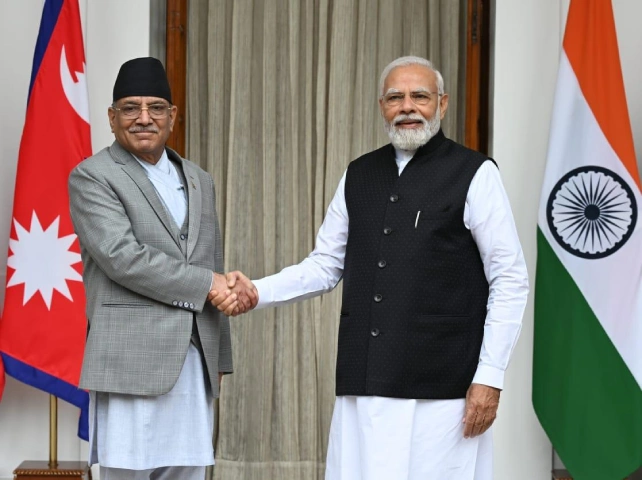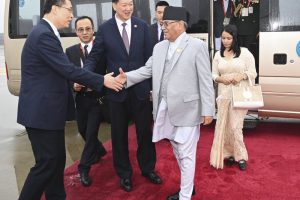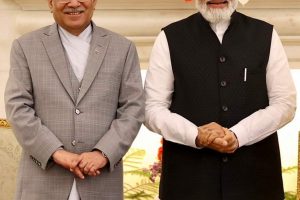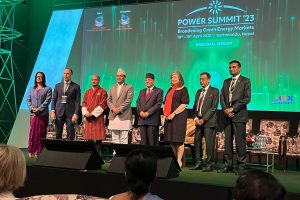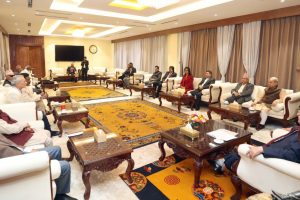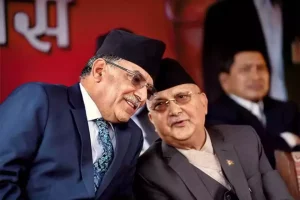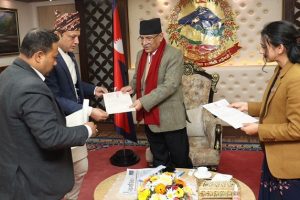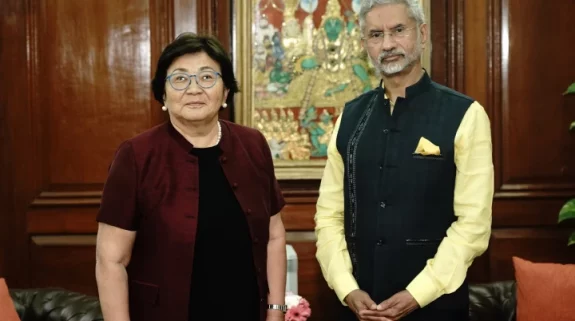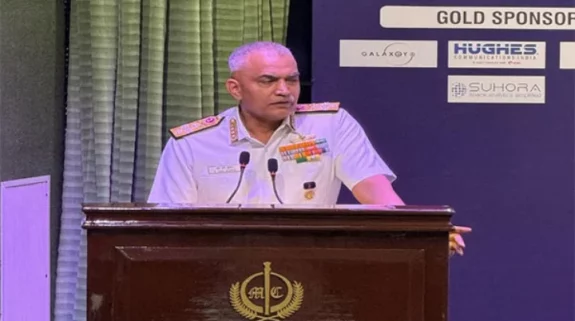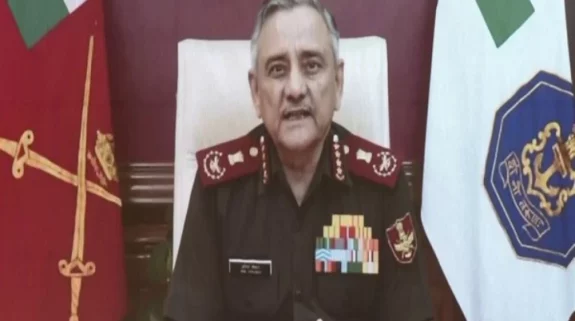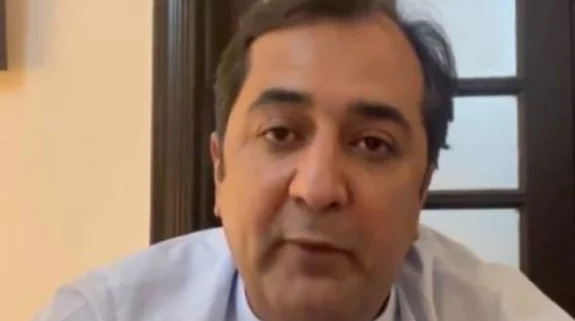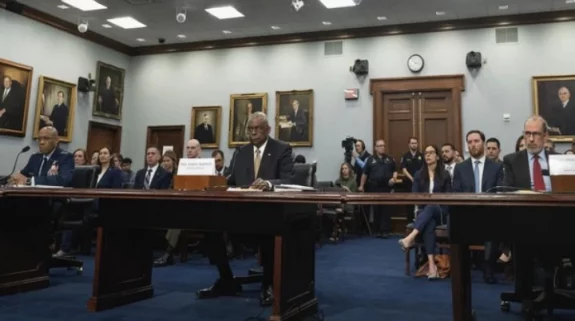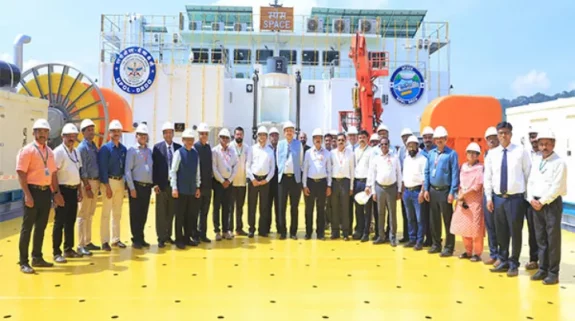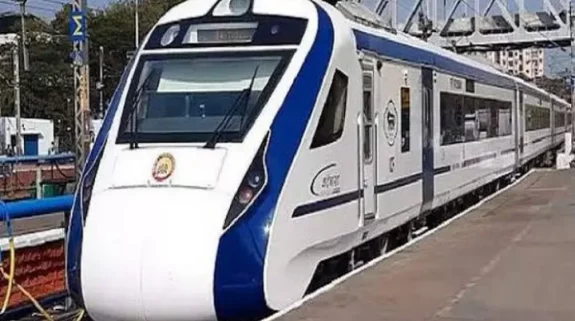Kathmandu: Nepal’s Prime Minister Pushpa Kamal Dahal aka ‘Prachanda’ said that during his just concluded visit to India, he discussed with Prime Minister Narendra Modi, several alternatives for settling the boundary dispute between the two neighbours.
There are boundary disputes between Nepal and India particularly over Kalapani, Lipulekh, and Limpiyadhura.
Earlier, bilateral relations had cooled after both sides issued boundary maps in 2020 by incorporating the disputed region of Kalapani, Limpiyadhura and Lipu Lekh, which lie beyond north-western border of Nepal’s previous map.
“Talks were held with Prime Minister Modi about settling boundary disputes,” said Prime Minister Dahal upon his arrival at Tribhuvan International Airport, Kathmandu. “Talks also concentrated on why not to explore different alternatives to settling the dispute.”
He said that the land swap between two countries could be one alternative similar to settlement of border disputes between India and Bangladesh.
In 2015, India and Bangladesh had resolved a decades-old border issue through a land swap agreement.
“If India wants to retain the disputed Kalapani region because of strategic reasons, India can offer us other lands,” he said.
During the joint press meet after the bilateral meeting in New Delhi on June 1, Prime Minister Modi said, “We will continue to work to take our relations to the height of the Himalayas. And in this spirit, we will resolve all the issues, be it the boundary issue or any other issue,” he said.
While two leaders expressed belief that the boundary issue could be resolved with continuation of improvement in relations, Prime Minister Dahal after arriving in Kathmandu, said that his visit was important to build political trust between the two sides.
Stating that much efforts were made to reach an understanding with the India agreement signed, he said mutual trust enhanced during the visit would help not only to implement the agreements signed but also reach conclusion on pending issues as well.
He basically highlighted the success in initialling the long-term power trade agreement with India which would ensure long-term market access to Nepal’s power in India.
“Power trade agreement has essentially been concluded,” he said. “Only a formality is remaining which will also happen soon.”
Prime Minister Modi had announced that a long-term power trade deal with Nepal was signed while also announcing India aimed to buy 10,000 MW of electricity from Nepal in 10 years.
Nepal’ existing installed capacity is just around 2700MW, according to Nepal Electricity Authority, state owned power utility body of Nepal. The Indian authorities have so far allowed it to sell 452.6MW of power in the Indian market.
At the airport, Prime Minister Dahal also said that there has been agreement in principle about India granting approval to export Nepal’s power to Bangladesh through Indian territory.
He also described agreement reached on amending the Treaty of Transit between the two countries as an important achievement of his visit. With this amendment to the treaty, Nepal will be allowed to use India’s inland waterways.
Two countries also signed a number of agreements on hydropower development with joint investment between two countries, construction of cross border transmission lines and other connectivity projects related to digital, railway, highway and waterways.
Nepali foreign policy experts also hailed the visit as a success saying that there have been important agreements in the area of economic cooperation.
Former Nepali Ambassador to India Lok Raj Baral told Indian Narrative that agreement reached in the area of enhancing economic cooperation was important as focus on disputed issues could derail these achievements.
Nishchal N. Pandey, director at Centre for South Asian Studies, a think tank said that the power trading agreement was definitely good for Nepali economy. “We also need to build our own internal consumption capacity,” he added.
Also Read: Nepal applauds long term agreements signed during PM Prachanda’s India visit






